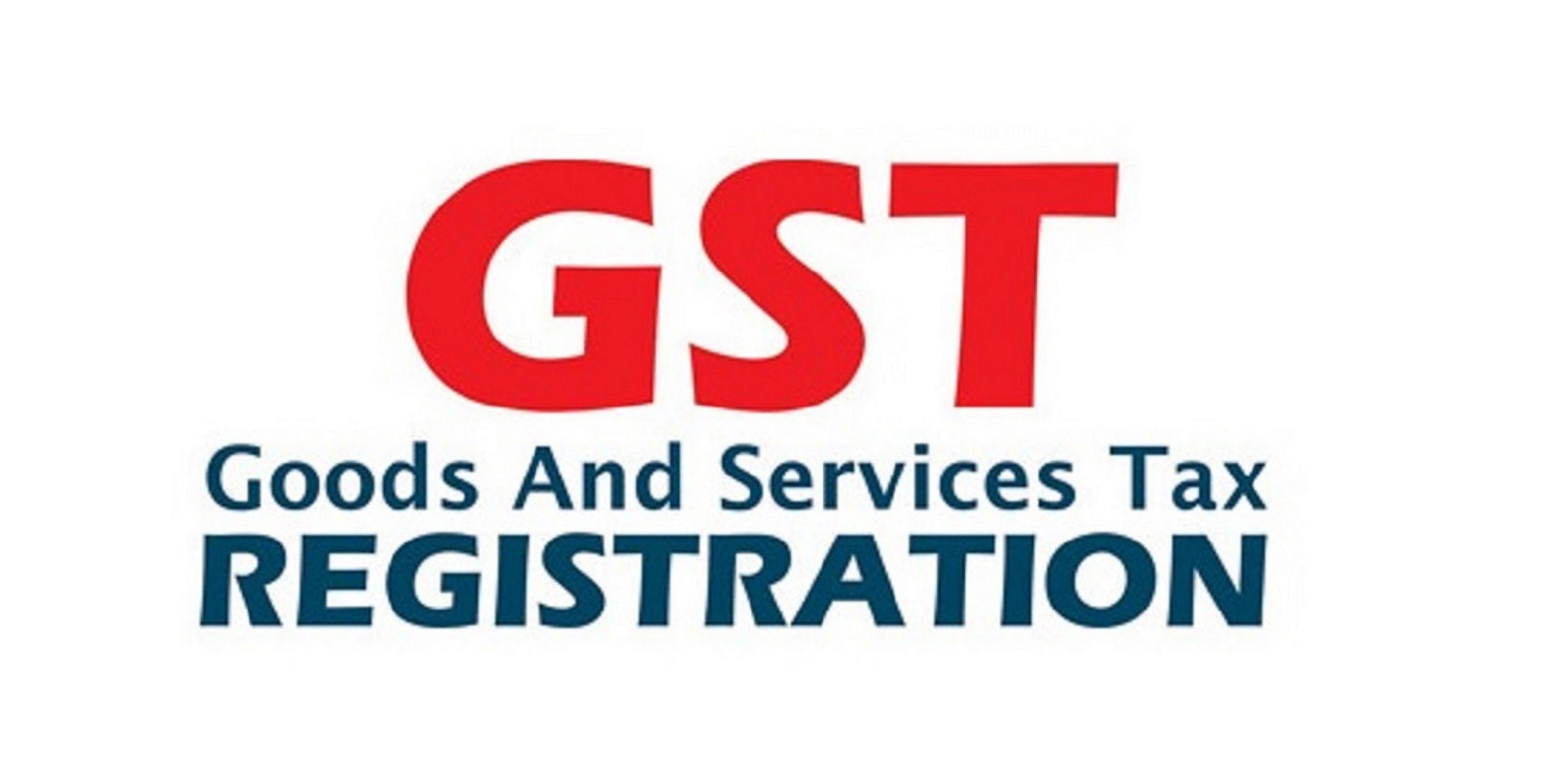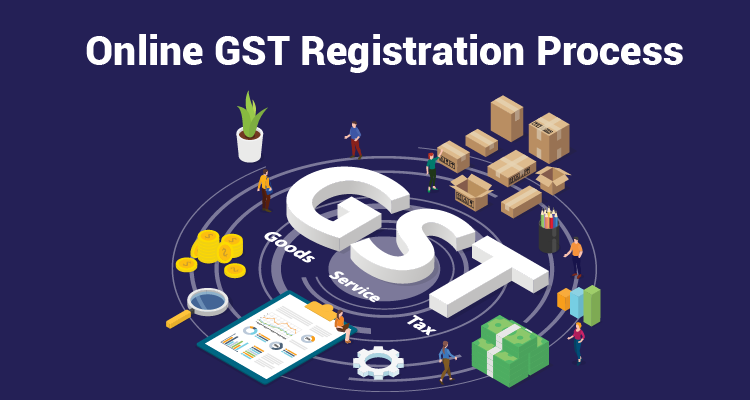Singapore GST Registration: What You Required to Know Prior To Using
Singapore GST Registration: What You Required to Know Prior To Using
Blog Article
Navigating the Intricacies of GST Enrollment: Specialist Tips and Best Practices for Smoother Compliance
From analyzing registration requirements to utilizing technological devices for structured procedures, the journey in the direction of smoother GST conformity is nuanced and diverse. Remain tuned to uncover vital approaches and insights that can assist companies steer with the complexities of GST registration with skill and self-confidence.
Understanding GST Enrollment Needs

In enhancement to turn over limits, organizations engaging in interstate sales or offering taxable services might likewise be required to register for GST, even if their turnover is below the recommended limit (Singapore GST Registration). Understanding these needs and limits is important to avoid penalties and make certain smooth operations within the lawful structure
In addition, companies have to gather and prepare the needed documents, such as evidence of identity, address, business consolidation, and savings account details, before initiating the GST registration procedure. Stopping working to give precise information or satisfy the registration deadlines can result in fines or other legal effects. For that reason, businesses ought to stay educated regarding the specific GST enrollment requirements appropriate to their operations to maintain conformity and prevent potential issues.
Organizing Important Documents
Services beginning on the GST registration process need to thoroughly compile and arrange the important documents needed for submission. The vital records usually needed for GST enrollment include proof of service registration or incorporation, identification and address proofs of the service proprietors or partners, savings account details, proof of principal place of company, and consent types. Making sure that these papers are readily available and arranged can streamline the registration process and avoid delays or beings rejected.
To effectively organize important paperwork, organizations must create a centralized system for storing and classifying the needed documents (Singapore GST Registration). Using electronic storage space remedies can aid maintain simple accessibility and make certain that records are firmly saved. In addition, developing a checklist of all needed documents can offer as a valuable device to track what has been collected and what is still needed for submission

Leveraging Innovation for Performance
Enhancing functional performance with technical integration is paramount for modern-day services browsing the complexities of GST registration. Leveraging innovation can improve processes, reduce mistakes, and guarantee timely conformity with GST policies. Among the vital ways innovation can aid in GST enrollment is with making use of automated software options. These tools can assist companies track sales, produce check my blog billings, calculate taxes, and submit returns accurately. By automating these tasks, companies can conserve and reduce hands-on mistakes time that would or else be invested on repeated management work.
In addition, innovation can promote smooth interaction with tax authorities. On the internet portals and communication devices enable services to submit documents, deal with queries, and get updates in a more efficient way. This not only quickens the registration process however also helps in keeping trustworthy and clear communication with the pertinent authorities.
Additionally, cloud-based storage solutions offer a safe and secure platform for services to store and access their monetary information, ensuring conformity with GST record-keeping demands. By systematizing data storage space and automating processes, businesses can boost their general performance and precision in GST enrollment treatments.
Proactive Conformity Surveillance

To ensure effective aggressive compliance tracking, organizations must establish robust inner controls, conduct regular this content audits, and take advantage of automation tools for real-time monitoring of GST transactions. Routine training sessions for workers on GST compliance requirements can also help in producing a culture of conformity within the company. Furthermore, involving with tax obligation professionals or professionals can offer important understandings and advice on navigating complicated GST guidelines.
Engaging With Professional Professionals
Engaging skilled tax obligation professionals can dramatically reinforce a firm's understanding and conformity with complex GST guidelines. Professional professionals bring a wide range of expertise and experience to the table, assisting services navigate the complexities of GST registration easily. By leveraging their proficiency, firms can ensure exact filings, minimize the threat of mistakes, and remain up-to-date with the newest regulative changes.
When involving with expert specialists, it is necessary to choose experts with a strong track document in GST compliance (Singapore GST Registration). Seek consultants that have a deep understanding of the relevant legislations and regulations, as well as experience dealing with companies in your market. Efficient communication is key in this partnership, so see to it to plainly specify your expectations and develop routine touchpoints to talk about progression and address any type of problems
Furthermore, specialist consultants can provide beneficial insights and guidance on optimizing your tax technique, determining potential cost-saving opportunities, and improving your compliance procedures. Overall, purchasing professional working as a consultant services can go a lengthy means in making sure smoother GST compliance and preventing costly blunders.
Verdict
Finally, navigating the complexities of GST enrollment requires an extensive understanding of the requirements, company of vital documents, leveraging technology for performance, positive conformity tracking, and engagement with expert consultants. By complying with these finest techniques, companies can make certain smoother conformity with GST laws and avoid potential charges or penalties. It is important to remain educated, positive, and More about the author persistent in handling GST enrollment to maintain conformity and maintain financial honesty.
To ensure conformity with tax policies, services have to completely comprehend the elaborate requirements for GST enrollment. Item and Solutions Tax Obligation (GST) is a value-added tax obligation levied on a lot of items and solutions in a nation, making it critical for organizations to sign up for GST to avoid lawful repercussions.In addition, services should gather and prepare the required paperwork, such as evidence of identity, address, business incorporation, and bank account information, before launching the GST enrollment procedure. Companies need to remain educated regarding the specific GST enrollment demands applicable to their procedures to preserve conformity and stay clear of potential issues.
The essential files normally required for GST enrollment consist of evidence of business enrollment or identification, address and consolidation evidence of the business proprietors or partners, financial institution account details, proof of major location of service, and authorization forms.
Report this page